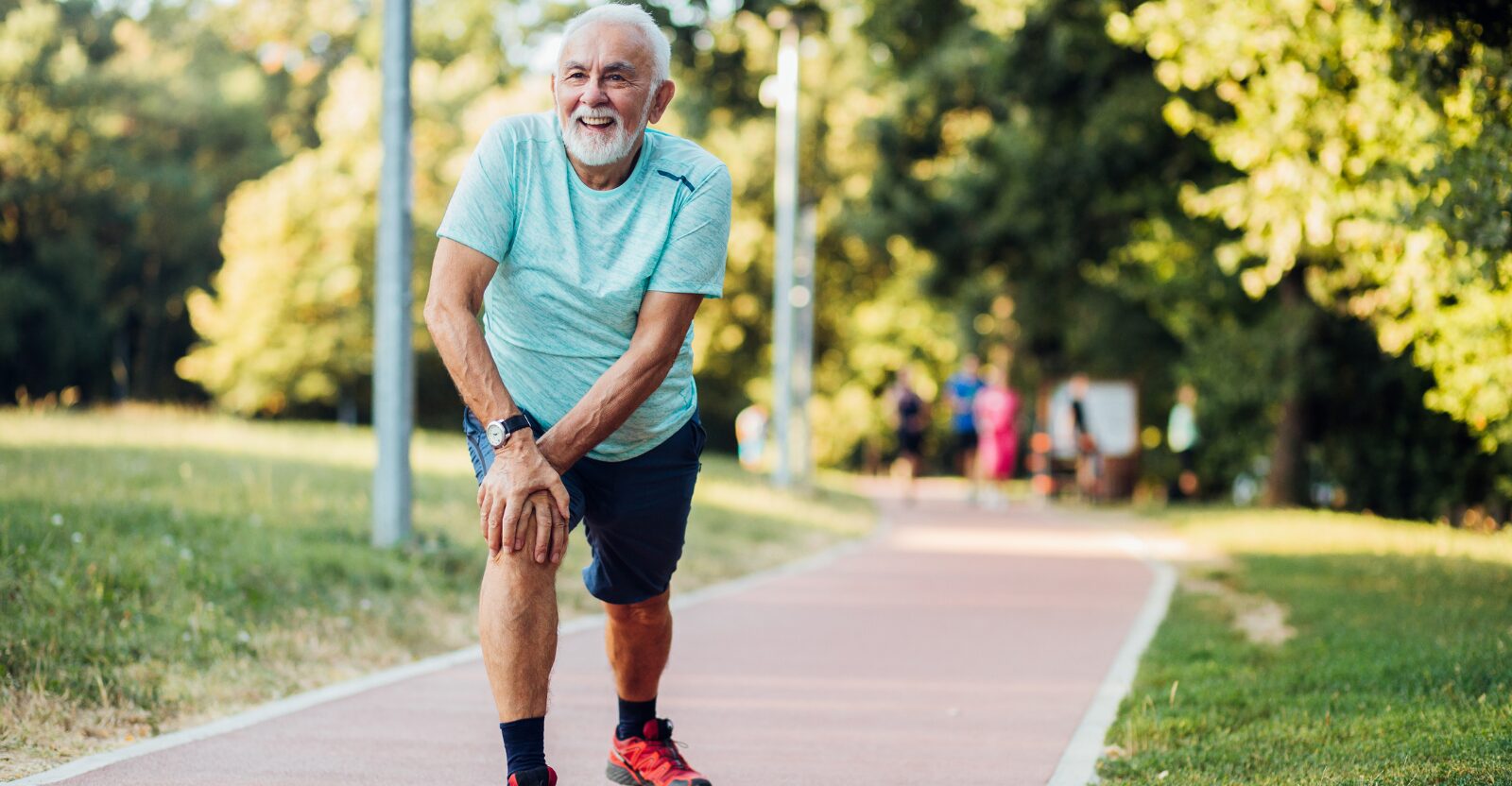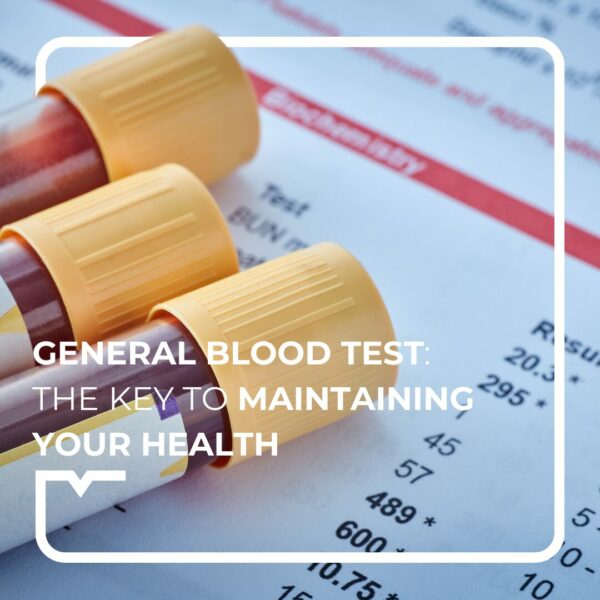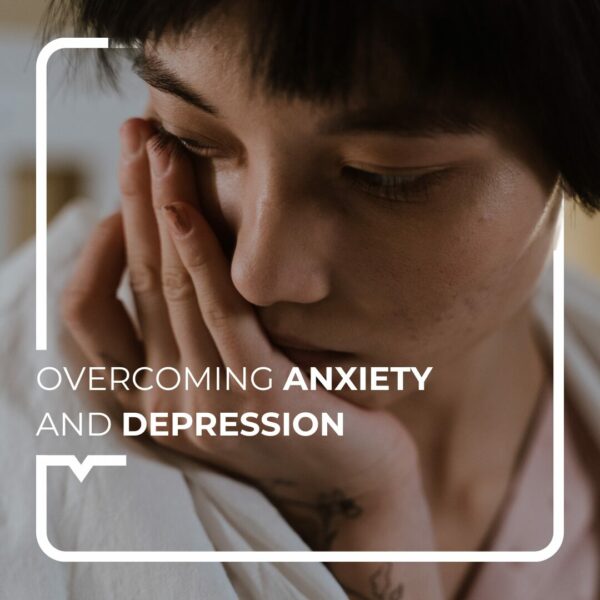At the clinic, Marc, aged 55, expresses his concern about his physical condition. “I feel increasingly tired, and joint pain makes my daily activities difficult,” he confesses to the doctor. The doctor explains that, considering his age and health status, it is essential to engage in physical exercise to improve his physical condition and promote overall well-being.
By doing so, Marc can choose sports that not only improve his physical condition but also help prevent age-related illnesses such as heart problems or mobility issues.
But how do you select the ideal sports based on your age and physical condition? Which types of exercises should be prioritised to stay active at every stage of life?
Olá, I’m Dr Joy!
In this article, we explore how to adapt your sports practice to your age and needs, highlighting the benefits of physical activity at each stage and providing recommendations to help you choose the best exercise for you.
I – Childhood and adolescence: sports to develop strong foundations
During childhood, the body is in full growth. Physical activity plays a crucial role in strengthening bones, improving coordination, and establishing healthy habits. It is recommended that children engage in at least one hour of physical activity daily, whether through play, ball sports, or swimming.
For teenagers, individual sports like swimming or athletics, or tailored physical exercises, can support their physical and mental development.
II – Your 20s : sports to optimise your fitness
The 20s are often the peak of physical condition, with a fast metabolism and optimal cardiovascular capacity. This is the perfect time to build muscle mass and bone density, which are essential for preventing age-related muscle loss.
Sports like rugby, rowing, or varied training such as boot camp sessions ca be particularly beneficial. Diversifying workouts help maintain motivation while maximising physical performance.
III – Yours 30s: Maintaining Fitness Amid Responsibilities
In your 30s, professional and family responsibilities can make it challenging to find time for exercise. However, maintaining good physical fitness is crucial during this stage.
High-intensity interval training (HIIT) is an excellent option for those with limited time. In just 20 minutes, these workouts combine bursts of intense effort with recovery periods, offering an effective way to strengthen the cardiovascular system.
IV – Your 40s: Sports for Preventing Weight Gain
From your 40s onwards, hormonal changes and a slower metabolism can lead to weight gain and muscle loss. This is the time to focus on resistance exercises such as weightlifting or kettlebell workouts, which help maintain muscle mass and burn calories.
Cardiovascular exercises like running or cycling are also recommended to achieve quick results in terms of physical fitness.
V – Your 50s: Strengthening Muscles and Preserving Mobility
Joint pain and chronic illnesses may begin to appear around the age of 50. To counteract these effects, it is advisable to engage in strength training at least twice a week to maintain muscle mass and improve posture.
Activities like tai chi are particularly beneficial for maintaining balance and flexibility, while also promoting mental well-being and health.
VI – Your 60s and Beyond: Maintaining Autonomy and Strength
As the years go by, physical condition naturally declines, but physical activity can slow this process. Gentle cardiovascular exercises like brisk walking and activities promoting flexibility, such as water aerobics, can help preserve muscle strength and prevent falls.
Ballroom dancing and muscle-strengthening exercises focused on balance are both social and physical options that encourage mobility and independence at this age.
Whatever your age, regular physical activity is key to maintaining well-being. Choosing sports tailored to your physical condition and age will not only improve your overall health but also help prevent the effects of premature ageing. If you have any questions or need personalised advice on which sports to practice, don’t hesitate to consult our specialists at Alegria Medical Centre.
This information is not a substitute for medical advice.
You must seek the advice of your doctor or another qualified health professional with any questions you may have regarding your health condition.
Sources :



